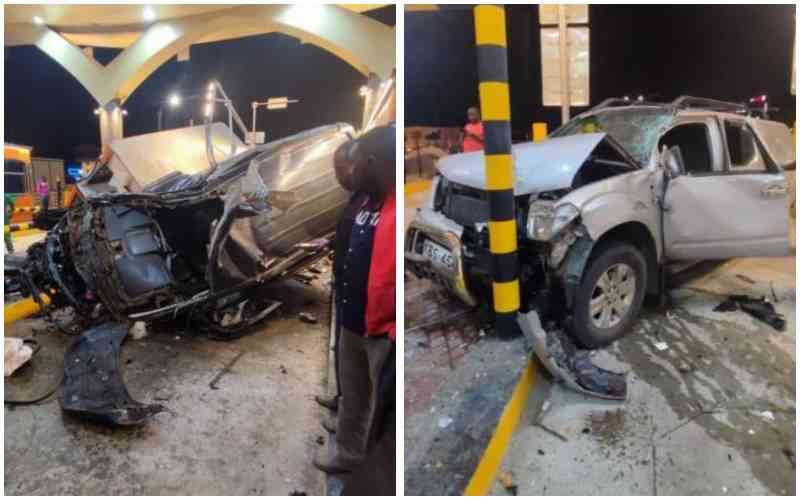×
The Standard e-Paper
Fearless, Trusted News

Capital investment in any country is aimed at aiding growth economically and socially, not to mention the enormous political mileage that comes along with all such growth.
Governments the world over, bank on the several gains realised from capital investments as one of the many signatures which underpin the performances of their respective administrations.